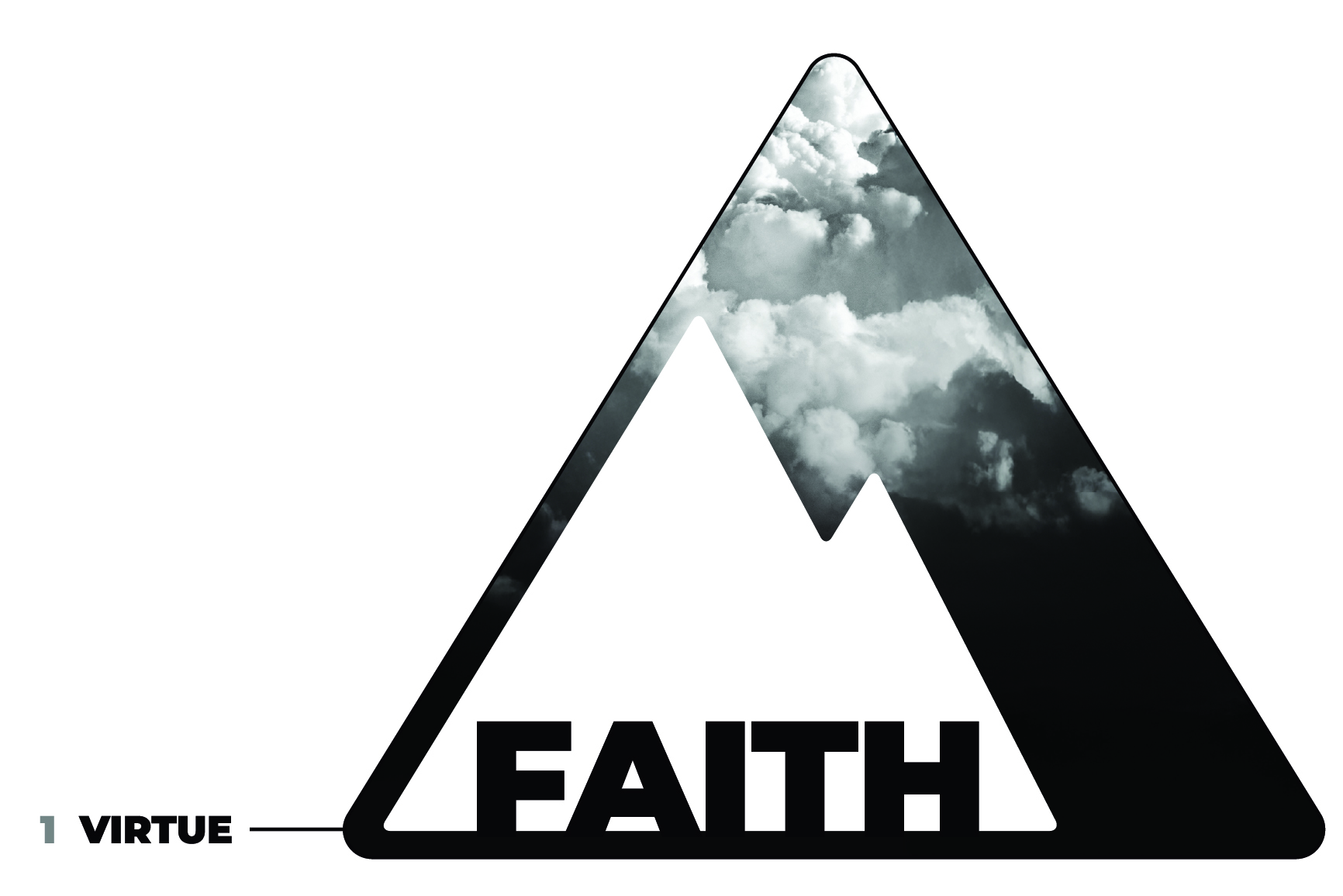Hiking the Clouds: The Journey to Mature Faithਨਮੂਨਾ


The Waypoint of Virtue
And the more I considered Christianity, the more I found that while it had established a rule and order, the chief aim of that order was to give room for good things to run wild. - G.K. Chesterton
Every journey begins with a starting point. In the life of faith, that starting point is virtue—aligning our actions with God’s commands.
At first glance, “rules” can feel restrictive. But in God’s design, boundaries aren’t meant to stifle us; they give us freedom to flourish. G.K. Chesterton once said, “The chief aim of Christianity’s order was to give room for good things to run wild.”
God’s commands are not burdens—they’re a framework that frees us to grow in confidence and love.
When Israel was being formed as a nation, God gave them the law. Not to trap them, but to protect them: “If you faithfully obey…all these blessings shall come upon you and overtake you” (Deuteronomy 28:1–2). The law is like a fence that protects us. It gives clarity, safety, and structure. Once the fence is in place, we know where we can run and explore safely in God’s will.
But if we’re honest, our relationship with rules is complicated. Maybe you grew up in a strict environment where rules felt suffocating. Or maybe you had no boundaries at all and learned the hard way that a lack of structure leads to pain. Both extremes miss the point.
I remember as a teenager wanting so badly to please God that I created my own list of rules—throwing away “unholy” music, avoiding certain people, setting rigid standards. But when I broke them, guilt crushed me. And when I kept them, pride crept in. I thought holiness was about my performance. What I missed was this:
Any pursuit of virtue that doesn’t lead to love will always lead to self-righteousness.
The Bible reminds us: “Now that you have purified yourselves by obeying the truth so that you have sincere love for each other, love one another deeply, from the heart” (1 Peter 1:22). Obedience is meant to prepare us to love. Rules are not the end goal—they are a training ground for something greater.
Think of an artist or scientist. Mastery begins by learning the rules—scales, formulas, techniques. Only then does creativity or discovery flourish. In the same way, virtue lays the groundwork for wisdom, maturity, and ultimately, love.
Jesus Himself tied love and obedience together: “For this is the love of God, that we keep his commandments. And his commandments are not burdensome” (1 John 5:3). The evidence of our love for God is not feelings or words—it’s a life aligned with His ways.
Still, rules are only the beginning. If we stop here, we risk legalism—the Pharisee trap of clinging to the letter of the law while missing its spirit. Jesus rebuked them not because they cared about obedience, but because they lost sight of love.
Virtue is the first waypoint on the journey of faith. It’s the foundation. It is essential—but it is not the destination. It’s the solid ground on which deeper things are built. Without it, “love” becomes shallow and self-centered. With it, love matures into Agape—God’s perfect love flowing through us.
The journey of faith start with obedience to God. But obedience is only the beginning. There is more to faith, which is why Peter presents the waypoint we'll explore next.
ਪਵਿੱਤਰ ਸ਼ਾਸਤਰ
About this Plan

When the journey of faith often leads into uncertainty—it doesn’t mean you’re lost, it means you’re climbing. Hiking the Clouds explores the second half of faith: less about certainty and more about surrender. Joël Malm draws from 2 Peter 1 to map out waypoints of spiritual growth. It’s for believers rethinking how they experience God as they walk on the journey to maturity. And maturity is walking in Agape.
More









